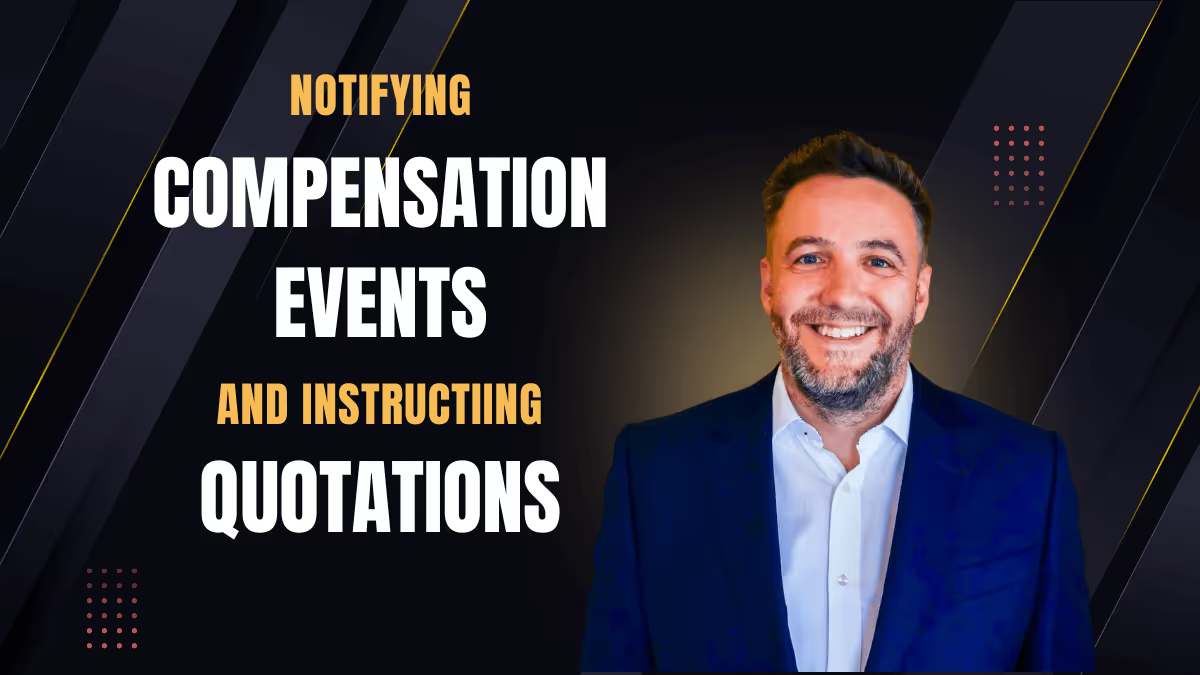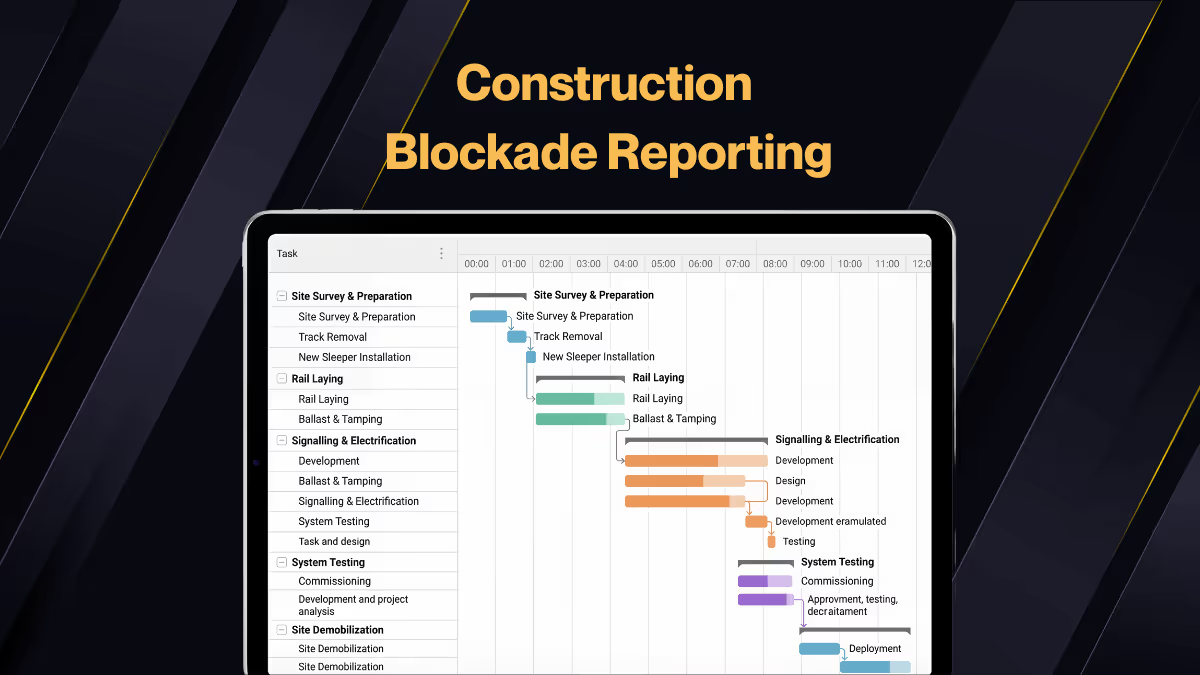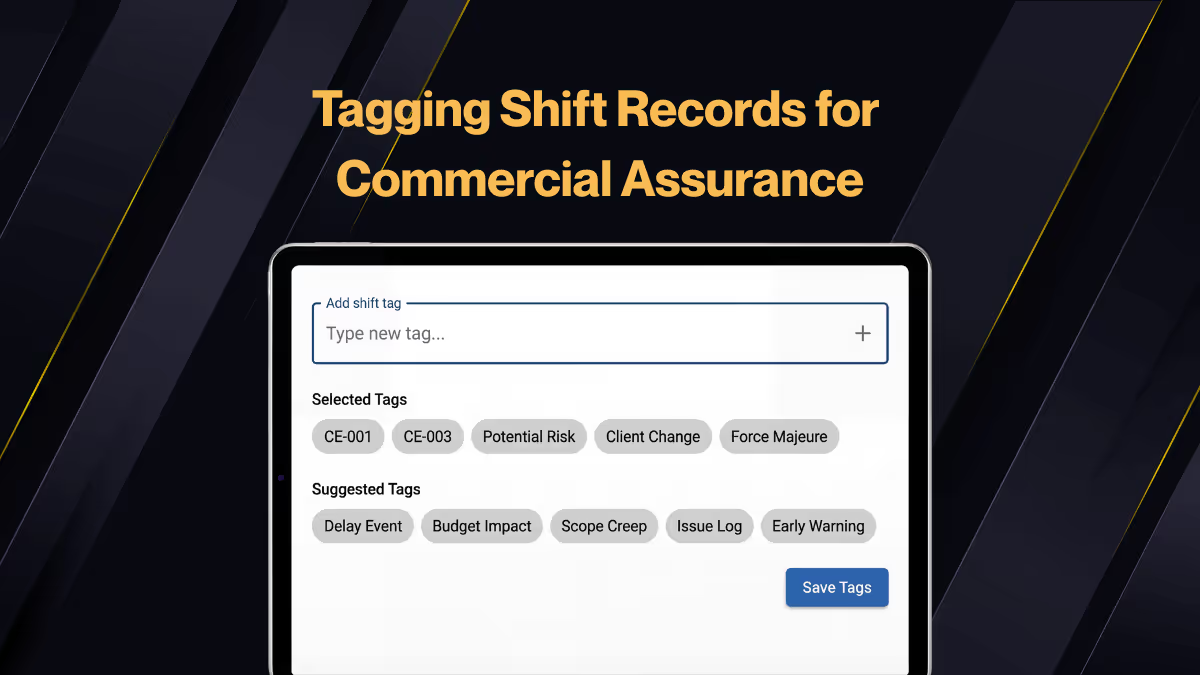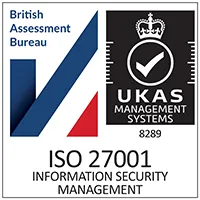Introduction and overview
The webinar opens with an introduction from Glenn Hide of GMH Planning, joined by David Allen from CECA and Ben Walker from Gather. Together, they set the stage for the session: the importance of correctly managing compensation events and quotations under NEC4. Building on their previous webinar about early warnings, this session focuses on the next logical step, how to identify, notify, and manage CEs efficiently.
They emphasise that while compensation events are often seen as administrative hurdles, they are in fact opportunities to restore balance between risk and reward. The NEC contract's philosophy is fairness through foresight, ensuring that contractors are compensated for events outside their control, and that both sides maintain project momentum.
Understanding compensation events
A compensation event is any event which, if it occurs through no fault of the contractor, entitles the contractor to adjust the prices, completion date, or key dates. These are pre agreed events listed primarily under Clause 60.1, with others found in secondary options and client liabilities under Clause 80.1.
Glenn explains that these events are established at tender stage and can only be amended through mutual agreement under Clause 12.3. Importantly, the NEC4 approach means assessments are forward looking and consider both time and cost simultaneously. Unlike other forms of contract, there's no such thing as an extension of time or prolongation claim. Everything is managed as part of the compensation event process.
Who notifies what
Clarity on notification responsibility is essential. Some events must be notified by the Project Manager, such as scope changes or instructions to stop work. Others must be notified by the Contractor, such as lack of access, unforeseen physical conditions, or extreme weather.
If the contractor fails to notify within eight weeks under Clause 61.3, they may lose entitlement to time or money. The presenters stress that this time bar is not flexible, unless the project manager should have notified the event but did not.
The discussion also covers a common point of confusion: can a project manager notify any compensation event? While some interpret the contract restrictively, the consensus here is pragmatic. If an event affects the project, it should be raised by whoever becomes aware first.
Notification and timing
Timeliness is everything under NEC4. For events notified by the Project Manager, the contractor typically has three weeks to submit a quotation. For events notified by the Contractor, they have eight weeks to notify, followed by a one week period for the Project Manager's decision. These timelines matter because they maintain commercial clarity and prevent disputes.
Ben and Glenn highlight the importance of acting early. Timelines are limits, not targets. Completing steps ahead of schedule keeps the contract collaborative rather than combative.
The Project Manager's decision
Once notified, the Project Manager must confirm whether an event qualifies as a compensation event. This step avoids unnecessary work and ensures only valid quotations are prepared. The decision must be based on contractual principles, not affordability or preference.
If the Project Manager agrees it's a CE, they instruct the Contractor to submit a quotation. If not, they must clearly explain why, whether it's the contractor's fault, not within the contract's definition, or has no cost or time impact.
If the Project Manager fails to respond within one week, the Contractor can issue a reminder, and if no reply follows within another two weeks, the event is deemed accepted. This ensures accountability and prevents indefinite delays.
Preparing quotations
Before instructing a quotation, the Project Manager should ensure clarity around several points.
Has the approach been discussed? Avoid wasted effort by aligning on what's required. Is an assumption appropriate? If the effects are uncertain, the Project Manager should state an assumption under Clause 61.6. Were early warnings raised? Failure to do so can affect assessment under Clause 63.7. Is it a proposed instruction? If so, it falls under Clause 65. Is three weeks enough? The contract allows flexibility by agreement.
Good practice here means having open conversations. Treat the process as a collaboration, not a transaction.
Project Manager assumptions
Assumptions under Clause 61.6 are underused yet critical. When the impact of an event is uncertain, the Project Manager must state reasonable assumptions to allow the Contractor to price the event fairly. Without them, contractors often overprice due to uncertainty.
Assumptions can later be corrected under Clause 60.1(17) if proven wrong, resulting in a new compensation event.
Ben and Glenn emphasise that only Project Manager assumptions can be revisited. Contractor assumptions carry no contractual protection. Therefore, contractors should seek clear written assumptions before pricing to avoid disputes later.
Practical example
A contractor discovers a void beneath the site. The Project Manager agrees it's a compensation event and instructs a quotation but issues an assumption: assume 80 to 120 cubic metres of material will be required to fill the void.
The contractor prices based on that assumption. Later, if 200 cubic metres are required, the difference triggers another CE to adjust for the excess. This mechanism balances fairness with practicality, ensuring progress without endless renegotiation.
Common issues and fixes
Notifying too late: missing the eight week deadline can nullify entitlement.
Mixing notifications: early warnings and compensation event notices must be separate.
Over reliance on systems: digital tools are invaluable, but contract understanding must come first.
Skipping discussions: always confirm assumptions, scope, and timing before quoting.
Failing to record decisions: each notification and acceptance must be documented formally under Clause 13.
Clear communication prevents costly disputes and keeps both sides aligned on expectations.
Good practice and culture
The best NEC4 projects thrive on collaboration. Notifications should not feel adversarial. They're mechanisms for maintaining balance.
Regular dialogue, transparent registers, and proactive use of assumptions build trust and keep everyone commercially protected. Contractors are encouraged to notify early, notify clearly, and document everything.
Conclusion
This webinar reinforces that compensation events are the engine of fairness within NEC4. When managed correctly, they prevent disputes, protect entitlement, and support mutual success.
By understanding the notification process, using assumptions wisely, and documenting each stage clearly, both contractors and project managers can maintain project health and commercial clarity.









.webp)





